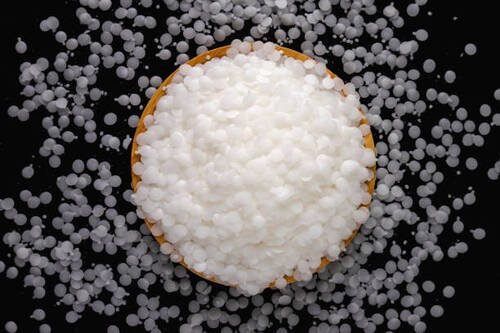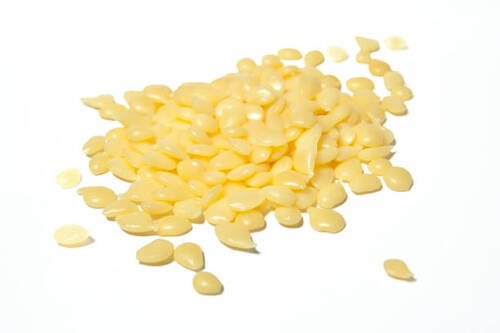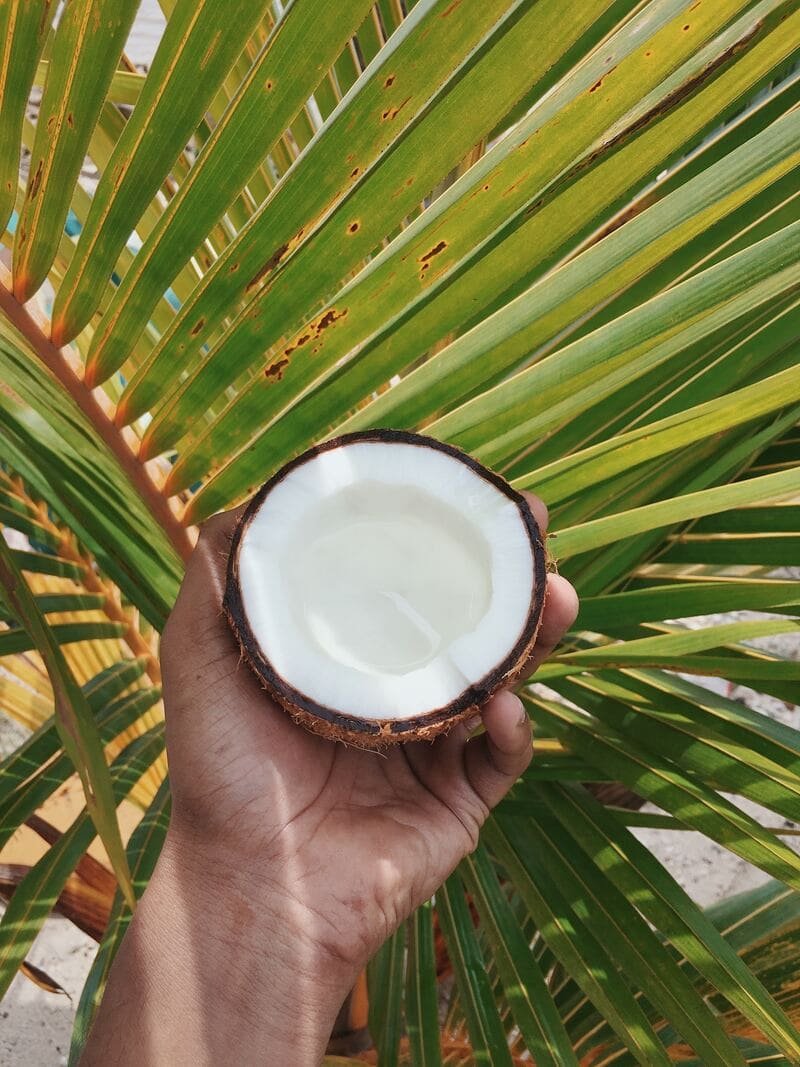Problem: Struggling to find the perfect skincare ingredient for acne-prone skin? You're not alone. With so many products on the market, choosing the wrong one could worsen your skin.
Agitation: Many natural remedies claim to work wonders, but how do you know what's genuinely beneficial for sensitive or acne-prone skin? Misinformation can be costly—both for your wallet and your skin.
Solution: As an expert in beeswax production at Beezora, let me guide you through whether beeswax is the ideal fit for acne-prone skin.
Yes, beeswax can be suitable for acne-prone skin—but it depends on how it's used and paired with other skincare ingredients. Beeswax is non-comedogenic, which means it won’t clog pores. It also offers anti-inflammatory and moisturizing benefits, making it a potential ally for managing acne.
Before diving into why beeswax might be your go-to ingredient, let’s explore how it works, answer common questions, and clear up the confusion.
Why Does Beeswax Matter for Acne-Prone Skin?
- What is beeswax, and how is it used in skincare? Beeswax is a natural substance produced by honeybees. In skincare, it's used as a thickening agent, emollient, and protective barrier. These properties make it a common ingredient in lotions and creams.
- Does beeswax clog pores? No, beeswax is non-comedogenic. This means it does not clog pores and is unlikely to cause breakouts. It forms a breathable layer that locks in moisture while allowing the skin to heal.
- How does beeswax help with acne? Beeswax contains vitamin A, which supports skin regeneration. Its anti-inflammatory properties can help reduce redness and irritation, while its antibacterial effects target acne-causing bacteria.
- Can beeswax worsen oily skin? Beeswax balances oil production rather than increasing it. When combined with other natural ingredients like tea tree oil or jojoba oil, it enhances skin healing without making it greasy.
- What are the risks of using beeswax? Some people may have sensitivities to beeswax or other ingredients paired with it. It's always essential to do a patch test before using new skincare products.
- Which beeswax products should you choose for acne-prone skin? Look for pure, natural beeswax-based products that are free from synthetic fragrances and harsh chemicals. Beezora offers customizable options tailored to personal care manufacturers prioritizing purity and sustainability.
Beeswax vs. Common Acne Remedies: How Does It Compare?
While many turn to salicylic acid or benzoyl peroxide for acne, these treatments can dry out the skin, leading to irritation. Beeswax offers hydration and healing without harsh effects. It's particularly beneficial when integrated into a comprehensive skincare routine.
How to Use Beeswax for Acne-Prone Skin
- In DIY recipes: Combine melted beeswax with tea tree oil and aloe vera for a natural acne balm.
- In pre-formulated products: Opt for creams or balms containing beeswax alongside other acne-fighting ingredients like niacinamide or zinc.
- As a protective layer: Apply beeswax-based balms to seal in moisture after using your acne treatments.
What Makes Our Beeswax Stand Out?
At Beezora, our beeswax is sustainably sourced and eco-friendly. As a factory operator specializing in pure and natural waxes, we ensure that every product meets the highest quality standards. Our customers, from cosmetics manufacturers to skincare innovators, trust us to deliver consistent results.
Conclusion
Beeswax can be a game-changer for acne-prone skin if used correctly. Its non-comedogenic, antibacterial, and soothing properties make it an excellent option for managing breakouts and maintaining skin balance. Choosing high-quality, sustainably sourced beeswax is the key to unlocking its full potential in skincare.
Want to know more about how our beeswax can elevate your skincare formulations? Contact us today at sales@beezora.com or visit our website, www.beezora.com. Let’s create products that truly transform your customers’ skin!





